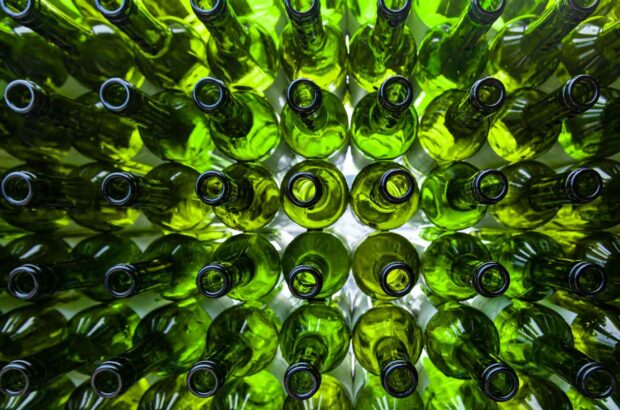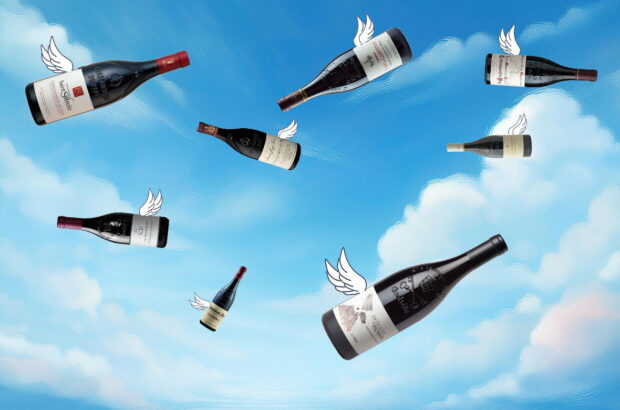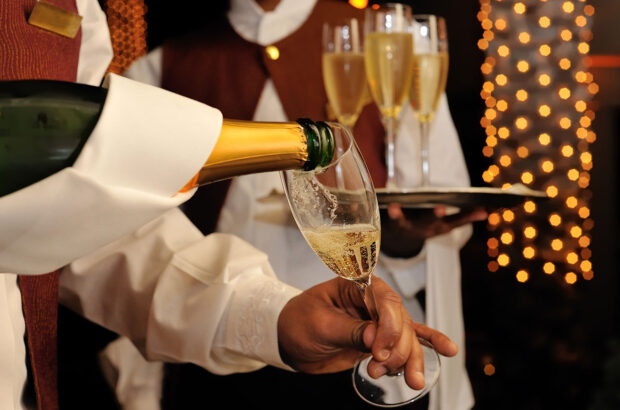Bordeaux oenologist and wine consultant Nicolas Vivas has recommended adding the Refošk grape to a list of varieties allowed in the famous French region’s wines.
His comments came three years since six ‘new’, non-Bordeaux grape varieties were approved for use on Bordeaux and Bordeaux Supérieur wines, as part of efforts to help to producers adapt to climate change.
France’s national appellation authority (INAO, Institut national de l’origine et de la qualité) gave the green light to red varieties Touriga Nacional, Marselan, Castets and Arinarnoa, as well as white grapes Alvarinho and Liliorila.
Vivas said that the sensation of overripe Merlot that has become common in Bordeaux due to climate change can be ‘seamlessly countered by only two-to- three percent of Refošk’.
A specialist on red wine polyphenols and tannin, Vivas began his career in 1986 and is consultant to estates in Bordeaux and abroad.
He discovered the deep-coloured, high acid grape while consulting for Vinakoper, a Slovenian winery along the Istrian coast near Trieste in Italy, where the grape is known as Refosca.
Working with Vivas, the winery has this year introduced a Bordeaux-style blend called Cape that includes two percent of Refošk, which ‘in small doses refreshes the wine, especially when married to Merlot’, Vivas said. ‘In my work abroad, I look for grapes like that for Bordeaux.’
It is not the first time that the grape has been assessed by Bordeaux specialists.
The Istrian Provincial Council of Agriculture – today, known as the Provincial Ministry – suggested Refošk for Bordeaux back in the late 19th century, as a possible variety in the wake of the phylloxera crisis.
It was deemed too acidic, according to Slovenian oenologist Iztok Klenar.
These days, however, acidity is a plus. Vinakoper chief winemaker Boštjan Zidar agreed that blends of Merlot and Cabernet Franc work well with the native grape variety, because it acts as a ‘push button’ for fruitiness and juiciness in overripe grapes, or grapes with low acidity.







